
Home
Publications
Publications
Showing 0 to 0 of 0 results
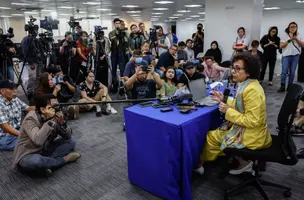
Statements
2025-06-19T15:11:46
APHR to Marcos Administration: End Red-Tagging, Free Human Rights Defenders, Act on UN Recommendations Now

Statements
2025-03-29T15:58:22
Southeast Asian Lawmakers Demand Indonesia to Halt Police Brutality and Uphold the Right to Protest
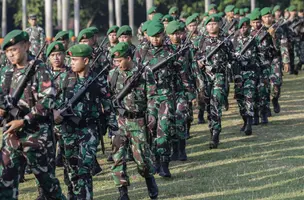
Statements
2025-03-17T15:26:02
Southeast Asian Lawmakers Denounce Intimidation of Activists Over TNI Bill Revisions
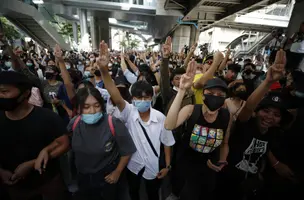
Statements
2020-12-03T03:07:21
Thailand’s emergency decree ‘an excuse’ to end pro-democracy protests, MPs say
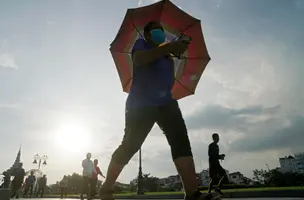
Statements
2020-08-10T08:13:26
Cambodia: Civil Society Organizations Call for the Draft Law on Public Order to be Immediately Discarded
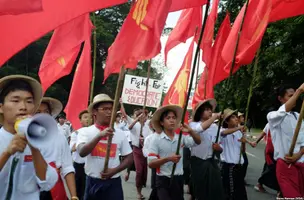
Statements
2018-03-12T07:35:26
Regional MPs urge Myanmar Parliament to reject amendments to peaceful assembly law
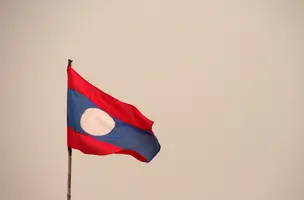
Statements
2017-07-12T07:32:24
ASEAN MPs urge Australia to push for human rights improvements in Laos

Statements
2017-05-09T07:31:56
ASEAN lawmakers: Thailand moving in the wrong direction three years on from coup
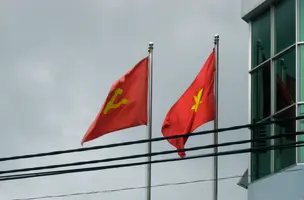
Statements
2016-06-02T07:29:35
ASEAN MPs to Obama: Stand up for democracy and human rights in Vietnam
TOP
ASEAN Parliamentarians for Human Rights (APHR) was founded in June 2013 with the objective of promoting democracy and human rights across Southeast Asia. Our founding members include many of the region's most progressive Members of Parliament (MPs), with a proven track record of human rights advocacy work.
Copyright © 2024-2025 All Rights Reserved - ASEAN Parliamentarians for Human Rights (APHR)
Website by Bordermedia